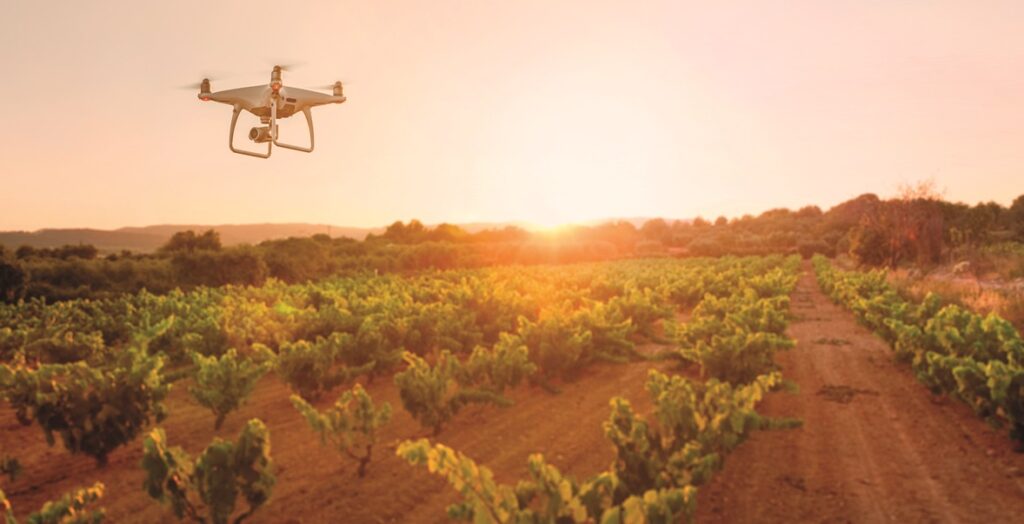Climate change is an undeniable reality that is influencing every aspect of our daily lives

While many people are concerned about rising sea levels or intensifying extreme weather events, there’s one industry facing its challenges in a quiet yet significant manner: the wine world.
Vineyards are extremely sensitive to climatic variations. Temperature, rainfall amounts, humidity, and even the length of the growing season can influence the quality and quantity of grapes harvested. And while a particularly warm year might actually produce an exceptional vintage, a series of consecutive warm years can have devastating effects.
In many historic wine regions, such as Burgundy in France or Tuscany in Italy, winemakers are noticing concerning shifts. Growing seasons have started earlier, often causing grapes to ripen too swiftly. This can result in wines with a higher alcohol content and an altered balance of flavors. At the same time, rising nighttime temperatures can reduce grape acidity, a key component for wine’s longevity and freshness.
But it’s not just about temperatures. The intensification of extreme weather events, such as floods, droughts, and hailstorms, can physically damage vines or drastically reduce grape yields. And with drought becoming an increasingly common reality in many wine regions, irrigation, often viewed with suspicion in many wine traditions, might become a necessity.
These shifts are forcing winemakers to make tough decisions. Some are experimenting with heat-resistant grape varieties or are relocating their vineyards to higher altitudes. Others are investing in innovative technologies, like drones or advanced sensors, to monitor and adapt to changing conditions.

Today, the leading technologies that Italian wineries are using to counteract the effects of climate change on their fields include sustainable agronomic strategies, precision farming, and advanced viticulture techniques. These sustainable agronomic strategies have been adopted to mitigate the negative impacts of climate change, ranging from irrigation management to the selection of grape varieties that are more resistant to heat and drought, and modifications to traditional pruning and harvesting practices.
Precision farming, also known as Agriculture 4.0, employs cutting-edge technologies such as sensors and drones to monitor and manage vineyards, allowing winemakers to quickly respond to changing climatic conditions, optimize resources, and ensure product quality. Beyond this, precision viticulture is emerging as a pivotal solution, leveraging sensors to monitor plant health, precision irrigation systems, and the use of advanced meteorological data. These innovations assist winemakers in anticipating and preventing potential issues, ensuring consistent and high-quality production. While climate change undoubtedly presents challenges, Italian wineries are showcasing remarkable resilience and adaptability. Through a blend of traditional techniques and modern innovations, the Italian wine industry is well-positioned to thrive in a rapidly changing world.

But while the wine industry is known for its resilience and adaptability, the speed and scope of climate change present unprecedented challenges. Decisions made today will have repercussions for decades to come, and the stakes have never been higher.
Climate change undoubtedly poses a threat to the wine sector, it also offers the opportunity to innovate and adapt. With the right mix of tradition and innovation, the wine world can not only survive but thrive in this new environment. But one thing is certain: the wine we will drink in the future will be vastly different from what we know today. And the journey to get there will be full of challenges and opportunities.





